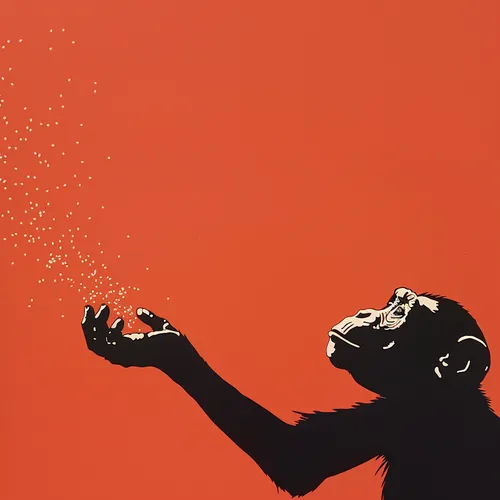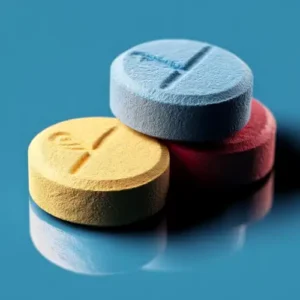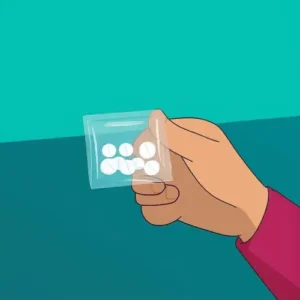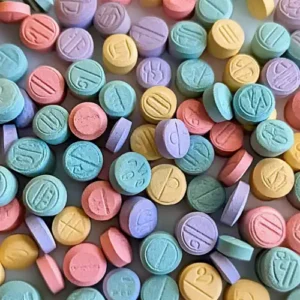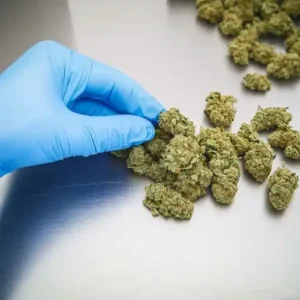Monkey dust, also known as MDPV (methylenedioxypyrovalerone), is a synthetic psychoactive stimulant chemically similar to amphetamines. Don’t let the silly name fool you though – this is a seriously dangerous drug. It produces an intense rush of energy and euphoria that can last up to 12 hours.
Monkey dust is usually either snorted or smoked. It gained popularity in certain areas of the UK as a cheap “legal high” alternative to illegal drugs. Dealers would sell it online labeled as innocuous products like plant food to skirt the law. Thankfully, the government has now classified monkey dust as a Class B controlled substance, although some are pushing for it to be bumped up to Class A given how destructive it can be.
The Devastating Effects of Monkey Dust
Make no mistake – monkey dust is nasty stuff. In addition to the high, it frequently causes distressing hallucinations, paranoia, and irrational, erratic behavior. It drastically lowers serotonin levels in the brain, causing users to lose control of themselves.
Addiction to monkey dust wreaks havoc on the mind and body. Overdoses can be fatal with as little as 3-5 mg. Extended abuse often leads to heart and kidney damage, as well as severe psychological issues like psychosis and delusions. Users have been observed in zombie-like states, climbing buildings while believing they have superhuman powers. It really messes people up.
Why Is Stoke-on-Trent a Hotspot?
Stoke-on-Trent has sadly become the epicenter of the UK’s monkey dust epidemic in recent years. As one of the most economically deprived cities in the country, the drug’s low street price of around £2 per dose has fueled its popularity and spread.
The problem first made national headlines around 2018. Emergency services reported a surge in bizarre crimes and hospital admissions of agitated people high on monkey dust. Since then, the issue has only worsened.
Over the past year alone in Stoke, there have been horrific cases of addicts committing arson and vicious robberies while in psychotic states. One heartbreaking story involved a homeless ex-plumber who lost everything to monkey dust and now lives in a tent, his life in ruins. He’s calling for it to be reclassified as Class A due to its intensely addictive nature. Clearly, more needs to be done to combat this drug that is devastating communities.
Finding Help and Hope
If you or someone you care about is struggling with monkey dust addiction, know that you are not alone and that recovery is possible. Don’t suffer in silence – tell your GP and ask for help. They can connect you with local drug treatment services and support groups.
Additional resources you can turn to include:
- Frank (0300 123 6600): A confidential drugs helpline and website where you can find information and search for treatment providers in your area
- Adfam: A national charity with a list of organisations that assist families affected by addiction
- Narcotics Anonymous (UKNA): A network of self-help recovery groups for those battling substance abuse
With comprehensive professional treatment, love from family and friends, and your own inner strength and determination, you can break free from monkey dust and rebuild your life. Healing is a journey, often with setbacks, but there is always hope. Reach out, take that first step, and never give up. You’re worth it.
Photo: “Monkey Dust” by Anthony Cunningham for Zoom Testing
Zoom Testing is a leading UK drug testing company and a supplier of Drug Test Kits.

